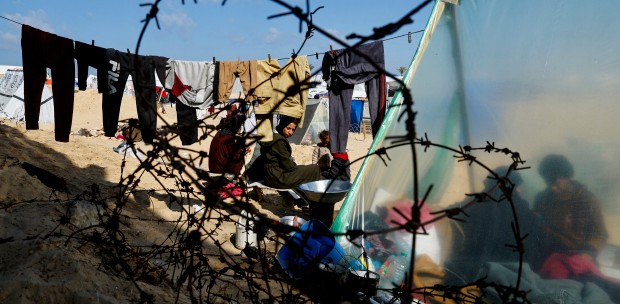It has been said that the best of marriages are ones that have commitment, love and respect between spouses.
It's the act of choosing a partner for life and promising to go through the good and bad times together. As in the marriage vows, "to love and to honour, until death do us part".
Today, however, expectations have changed. Psychologist and author of The All-Or-Nothing Marriage: How the Best Marriages Work Eli J. Finkel said: "People now want a marriage to satisfy their financial, emotional and spiritual needs. But while some people spend a lot of one-on-one time working on their marriage... most people spend less time, and things slowly decay."
Not surprising then that the number of divorce cases has risen over the years. A BBC report in December last year said divorce rates were increasing around the world, and relationship experts had warned that the "Covid-19 pandemic-induced break-up curve may not have peaked yet".
Last week, a report in a Malay daily revealed that Malaysia's syariah courts saw 71,806 cases of divorce among Muslim couples between January last year and June this year. It meant that 132 couples formally broke up every day. Subsequently, this newspaper reported that one state contributed 12 per cent of the total divorce cases, which meant that 20 couples got divorced every day, or 450 couples a month, in the said state.
Among the reasons cited was financial stress caused by job loss and business closures that affected people's income. Figures for divorces among non-Muslim couples, however, were not forthcoming, but it could be surmised that the overall situation is alarming.
Understandably, the pandemic has disrupted our lives and brought changes in social behaviour. The Movement Control Order and stay-at-home measures have forced many families and couples to live in close contact, and while for some this has brought them closer, for others, the phrase "familiarity breeds contempt" has never been more apt.
Psychologists say it's a worldwide phenomenon. But truth be told, the pandemic is just part of the problem. The trend is largely due to the progression of time, challenges and expectations — Covid-19 has just quickened the pace.
Divorce is no longer a taboo. With the world evolving, couples' wants and needs have evolved, too. Popular advice books on marriage often cite that 45 per cent of marriages end in divorce. Some of our youth believe divorce is the only way out of an unhappy union.
While all this is enlightening, it does not bode well for our future. The psychological impact on families that have gone through a divorce has not been pleasant, no matter how amicable the parties are about the terms and conditions. This has been well researched throughout the years — the instability resulting from a divorce may lead to long-term consequences for all in a family, children especially.
Solutions? Better planning. A restructuring of the pre-marital course may be a good place to start. Have a module on the religious and social aspects of what a good marriage should entail. Couples should also consult their local imam, counsellors and psychiatrists before taking the plunge.
Respect the institution of marriage, it is the glue that holds families together.





